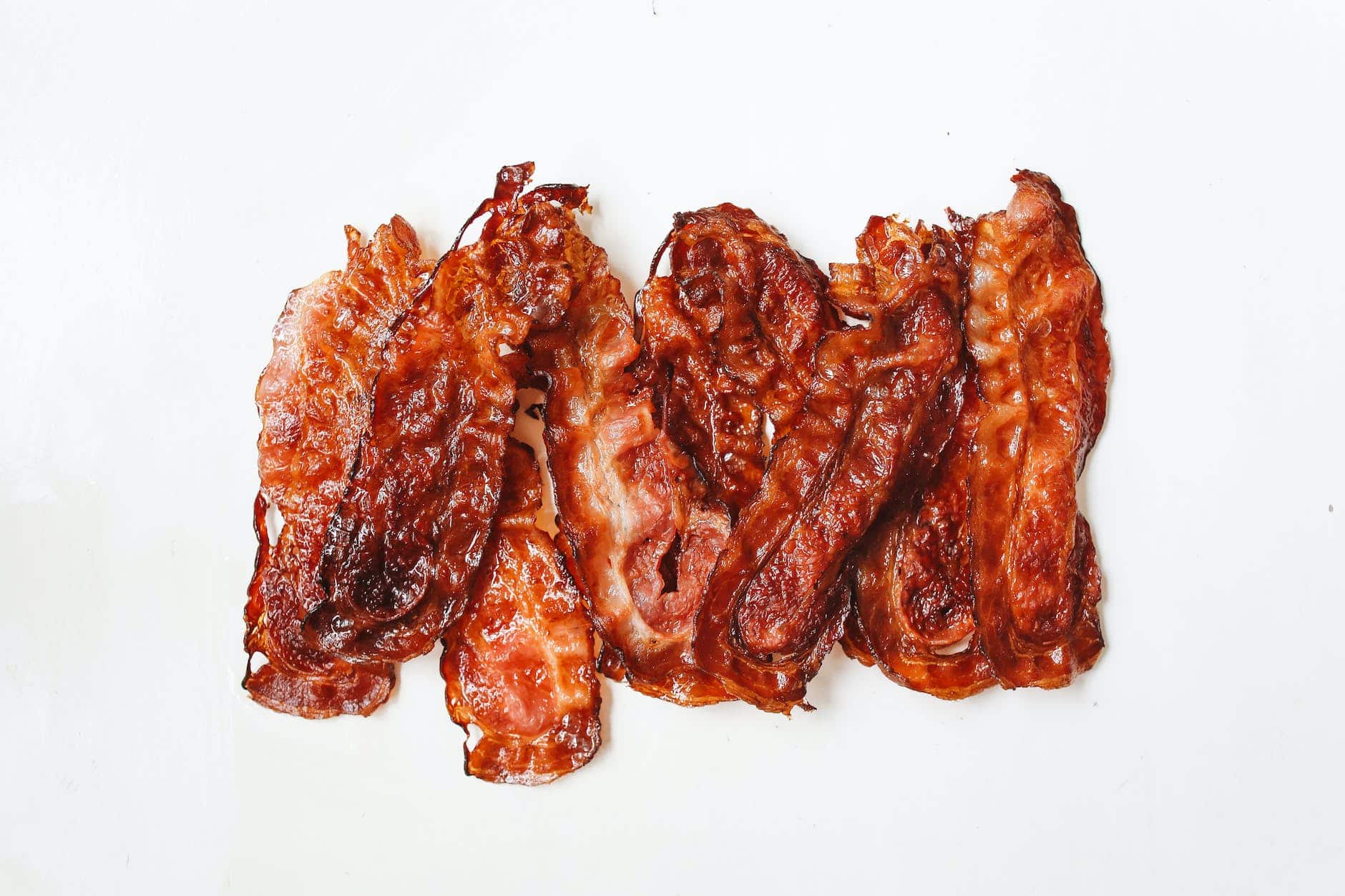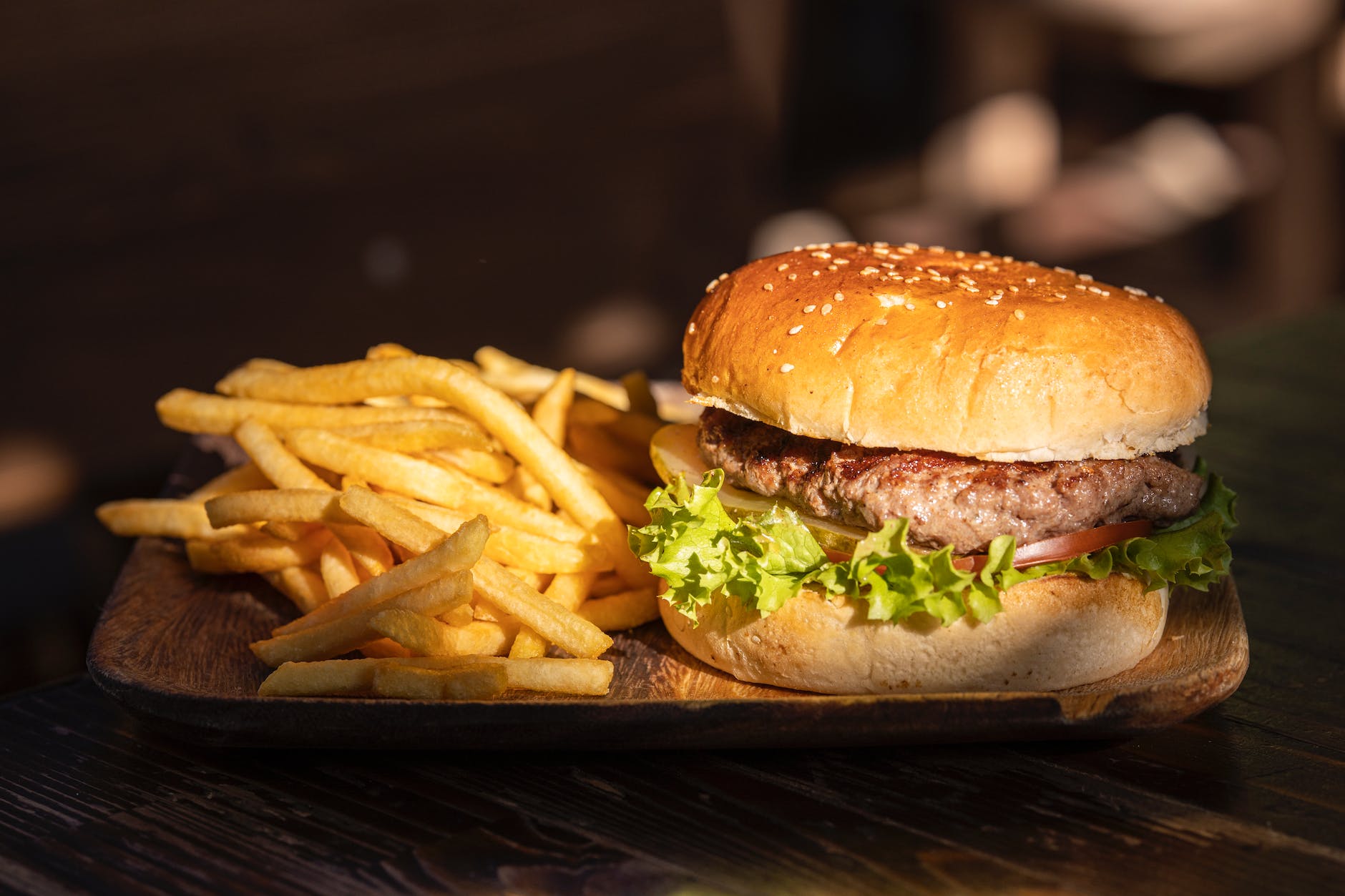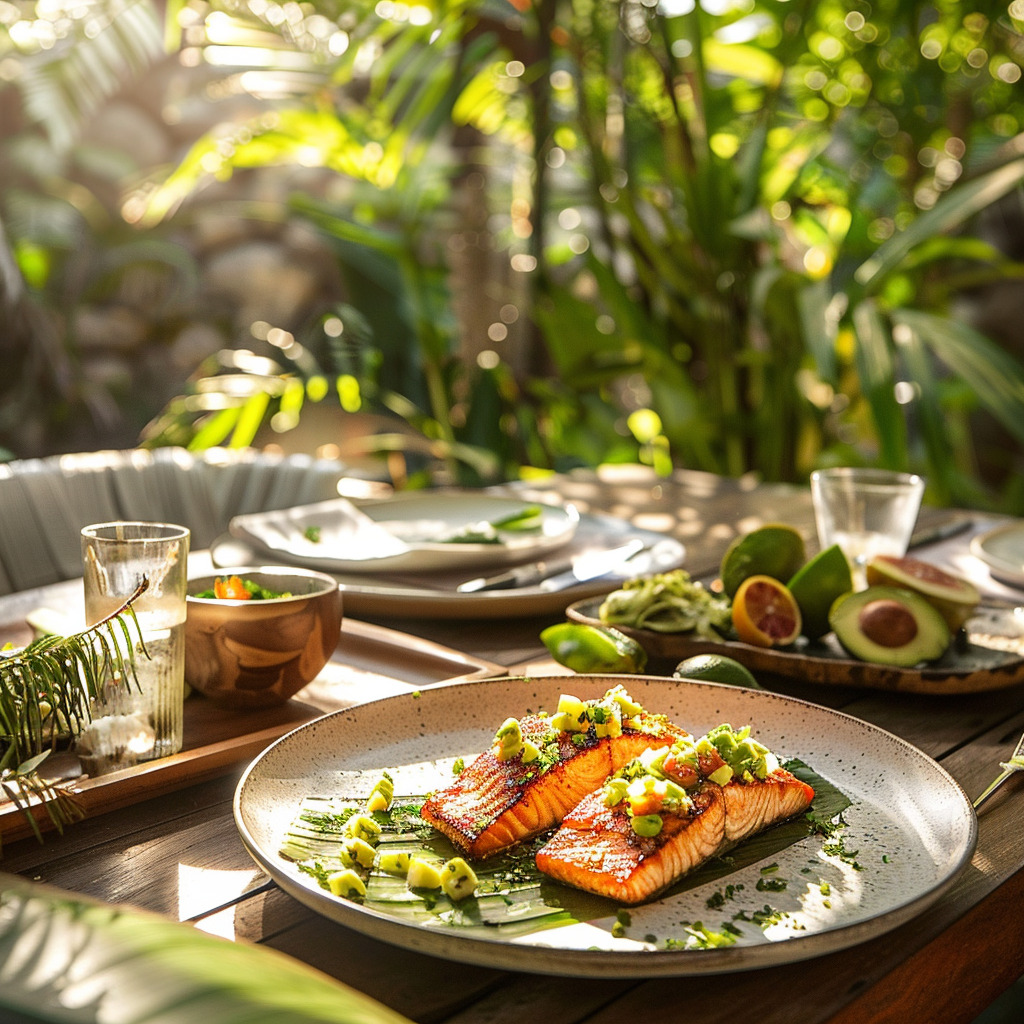
This article provides helpful and practical tips for sticking to a ketogenic diet while travelling or going on holiday. It covers key planning strategies for finding keto-friendly accommodations and dining options at your destination, packing snacks and preparing meals ahead of time, navigating restaurant eating, travel cooler ideas, as well as dealing with cravings and willpower challenges. With some preparation and commitment, you can follow a low-carb, high-fat ketogenic lifestyle anywhere while enjoying stress-free, guilt-free holidays. Use these essential keto travel tips to stay in ketosis and thrive while vacationing.
Enjoy Your Holiday While Staying Keto
What is the Keto Diet?
The ketogenic (keto) diet is a very low carb, high fat diet that aims to put your body into ketosis – where your body burns fat for energy instead of carbohydrates. Typically, the macro targets on keto are:
- 70-80% of calories from fat
- 15-20% of calories from protein
- 5-10% of calories from carbs
By drastically reducing carbs to under 50g per day and focusing on healthy fats like olive oil, nuts and avocado, you can reach a metabolic state of ketosis.
Challenges of Keto Whilst Travelling
Sticking to the keto diet whilst on holiday or travelling can seem incredibly daunting. Disrupted routines, eating out more frequently, lack of access to your usual low carb foods, and holiday indulgences can all threaten to kick you out of ketosis.
But with commitment to preparation and planning, you can absolutely stick to your keto diet away from home whilst still enjoying holiday festivities guilt-free.
Useful Tips for Keto Whilst Travelling
In this article, we’ll cover some key tips for staying keto whilst travelling or on holiday, including:
- Researching restaurant and accommodation options
- Packing keto-friendly travel snacks
- Smart dining out strategies
- Travel cooler packing ideas
- Managing cravings and willpower
With dedication to keto travel planning and smart food choices along the way, you can have your cake (perhaps a keto mug cake with 90% dark chocolate) and eat it too while exploring the world!
Key Ways to Plan Ahead for Keto Travel
Preparation and planning ahead are crucial for sticking to keto whilst on holiday. Here are some top tips for advance keto travel planning:
Research Dining and Accommodation Options
Do some thorough research on the dining and accommodation options available at your holiday destination. This will help ensure you have access to keto-friendly meals while away:
- Seek out hotels with in-room kitchen facilities so you can prepare simple keto breakfasts and snacks
- Vet local restaurants online, looking at menus and ingredient lists. Aim for simple meat and veggie focused dishes
- Call ahead to restaurants if needed to check on low carb preparation options and substitutions
- Locate the nearest grocery stores for self-catering keto supplies
Pack Plenty of Keto Travel Snacks
Bringing snacks from home ensures you always have keto-approved options on hand when you are out exploring for the day. Some easy keto travel snacks include:
- Nuts and seeds like almonds, macadamias, pumpkin seeds
- Nut butter packets
- Jerky and cured meats like salami sticks
- Tinned fish like sardines
- Low carb protein bars
- Preportioned nut trail mixes
These portable snacks will keep carb cravings at bay!
Prepare Make-Ahead Meals
Having some basic keto meals and snacks prepared at home before your trip is a great strategy…
Smart Strategies for Eating Out Whilst on Keto
Dining out more frequently is often part of the holiday experience. With the right strategies, you can enjoy restaurant meals and still stick to your keto diet:
Choose Simple Dishes
When looking at restaurant menus, choose simple meat, fish and vegetable based dishes. Steer clear of overly saucy, breaded and deep fried options.
- Grilled chicken or steak with salad or veggies
- Salmon or other fish baked or grilled
- Bunless burgers or fajita mixes (no tortillas)
Stick to this basic principle for low carb wins!
Request Dressings and Sauces on the Side
Ask for any marinades, dressings or sauces to be served on the side. This allows you to control exactly how much you add to your meal, preventing excess hidden sugars and starches ruining ketosis.
Substitute Sides
Don’t be afraid to ask your server to swap starchy carb-heavy side dishes for extra salad or veggies instead. Most restaurants are happy to accommodate. Some options:
- Double green salad instead of fries or rice
- Sauteed spinach instead of potato side
- Side of Brussels sprouts instead of pasta
Easy keto substitutions!
Skip Sugary Drinks
Avoid sugary drinks common whilst holiday dining. Stick to water, unsweetened tea, black coffee and sparkling water with lime. Not only will this prevent carb creep but also avoid holiday weight gain!
Keto-Friendly Travel and Accommodation Tips
Carefully considering your travel style and accommodation options while on holiday can make sticking to keto much more sustainable.
Choose Accommodation With Kitchenettes
Opting for hotel rooms, suites or holiday rentals with basic kitchenettes allows you to prepare some of your own keto-friendly meals. Look for the following:
- In-room mini-fridges to store dairy, leftovers and prepped meals
- Microwaves for quickly heating up dishes and meals
- Bonus if full stovetop and oven is available for cooking meat and veggie dishes
Having access to storage and cooking facilities is a big win for keto meal prepping.
Grocery Shop Shortly After Arriving
Once settled into your holiday accommodation, make a trip to stock up on keto holiday essentials. Shop for:
- Leafy greens and cruciferous veggies
- Free range eggs
- Full fat dairy like cheese, yogurt and butter
- Nuts, nut butters and seeds
- Olive oil, avocados and coconut oil
- Meat, poultry and fish
- Low carb snacks
Check what kitchen supplies are already available before shopping to save money.
Pack a Portable Cooler If Road Tripping
If self-driving and road tripping to your destination, pack a sturdy cooler loaded with keto snacks, meals and drinks to survive the journey…
Tips for Managing Cravings and Willpower on Keto Holidays
It’s completely normal to experience increased cravings for carbs and holiday treats while travelling on keto. With preparation, you can maintain mental willpower.
Stay Hydrated
Dehydration can seriously increase cravings and hunger levels. Keep electrolytes balanced by:
- Drinking enough water each day
- Adding electrolyte supplements or powders to your water bottle
- Sipping bone broth and salted bullion cubes
Proper hydration will have you feeling satisfied.
Enjoy Holiday Treats in Moderation
Depriving yourself completely often leads to binge-eating later. Have a small treat in moderation, then continue with your next keto friendly meal. Be mindful and get back on track.
Keto Snacks Curb Cravings
Whenever a carb or sugar craving hits, always first opt for one of the tasty keto snacks you brought from home. A few nuts, some 90% dark chocolate or pork rinds can crush those cravings quickly!
Plan Keto Treats
For special holidays that focus on food, plan one special keto treat meal or dessert, made from modified recipes to fit your diet. This way you don’t feel deprived. Some ideas:
- Keto mince pies
- Low carb chocolate mousse
- Pecan pie bars with sugar-free maple syrup
- Cheese board platter
With preparation, you can enjoy holidays and stay keto!
Key Takeaways on Travelling Keto
Remaining in ketosis while enjoying holidays and trips away from home is very achievable with dedication and planning.
Top Planning Tips
The key is laying the groundwork before you go with these preparation tips:
- Research dining and accommodation options for low carb choices
- Pack plenty of portable, high-fat keto snacks
- Cook some basic keto meals in advance for your accommodations
- Make smart selections when eating out at restaurants
- Shop for fresh keto foods if self-catering
Enjoy Guilt-Free Holidays
Go into your holiday with an open and abundant mindset around food – you will have keto options available. Enjoy holiday treats in moderation without feeling guilty. The freedom to appreciate your trip sets the right headspace.
Tailor Approach to Your Priorities
Everyone has different health goals and priorities. Tailor your keto travelling approach accordingly. If sticking rigidly to under 20g carbs daily feels impossible whilst on adventures, consider transitioning to a more liberal but lower carb diet instead.
The key is finding a style of eating that supports your holiday enjoyment without sabotaging your long term health. Give yourself grace! Keto can fit any lifestyle with willingness and adaptation.







